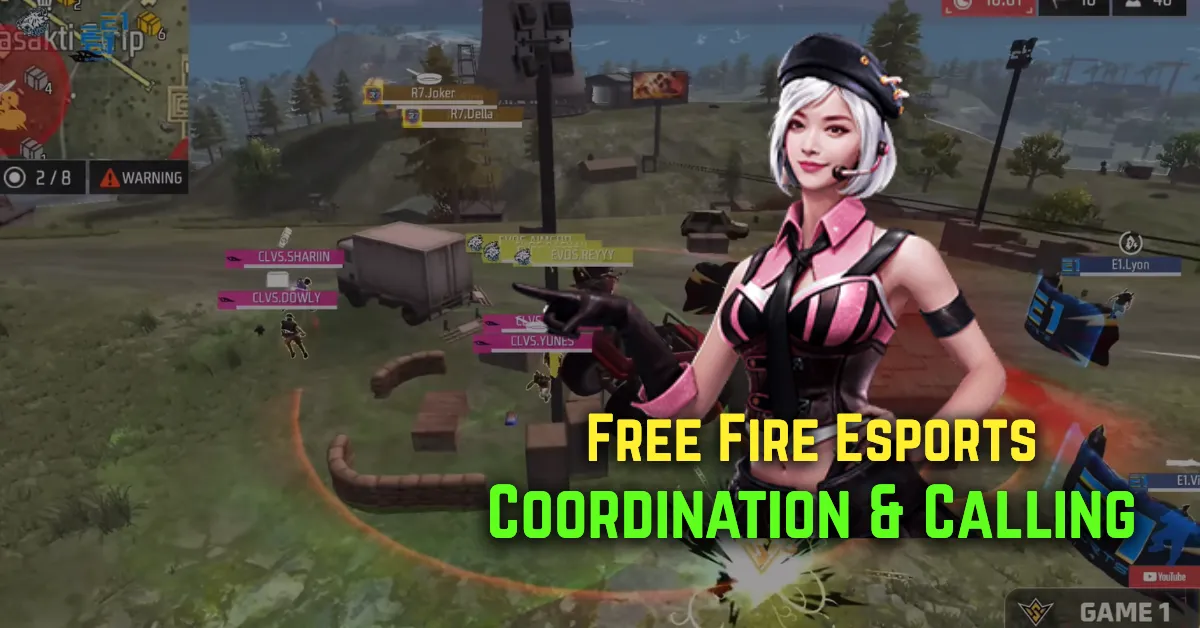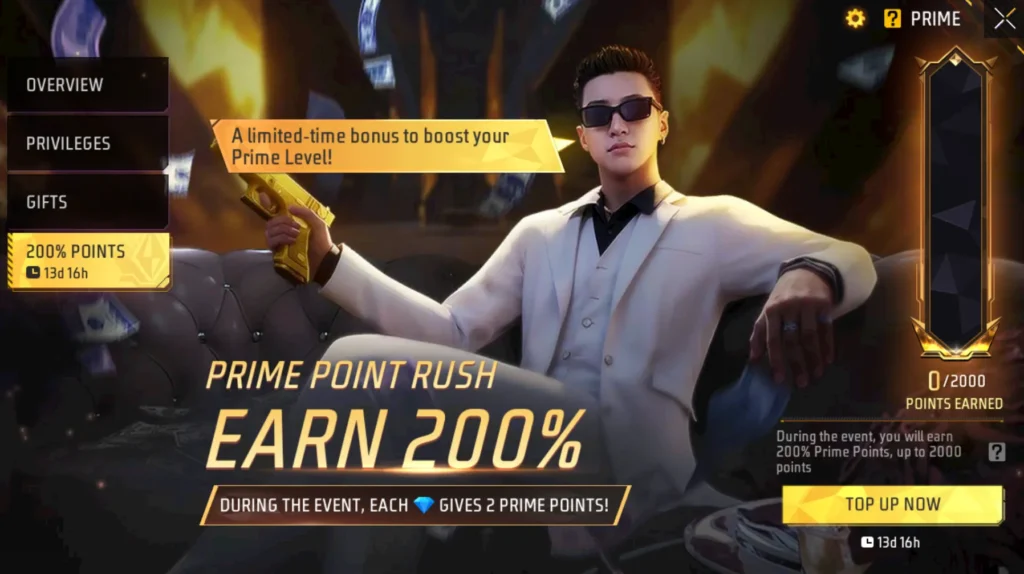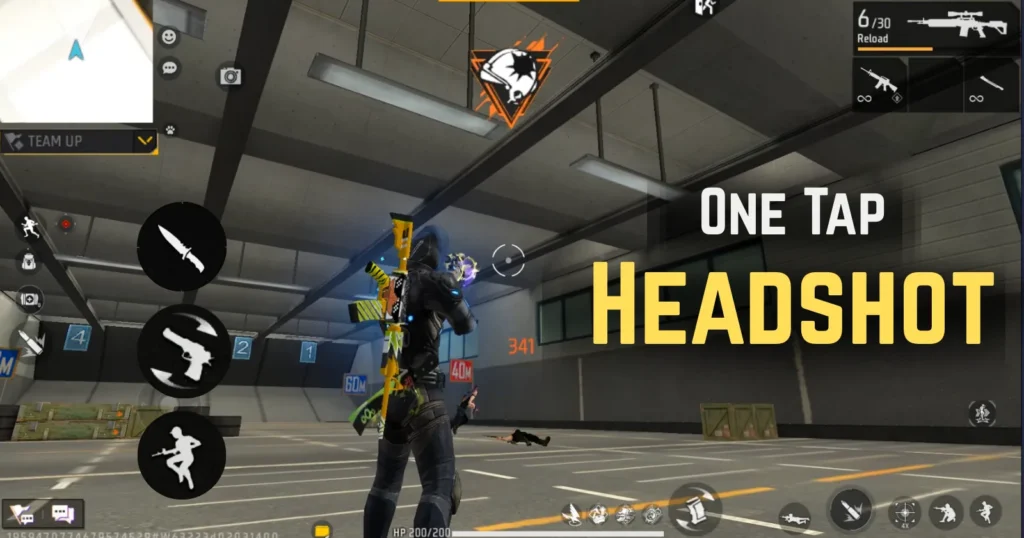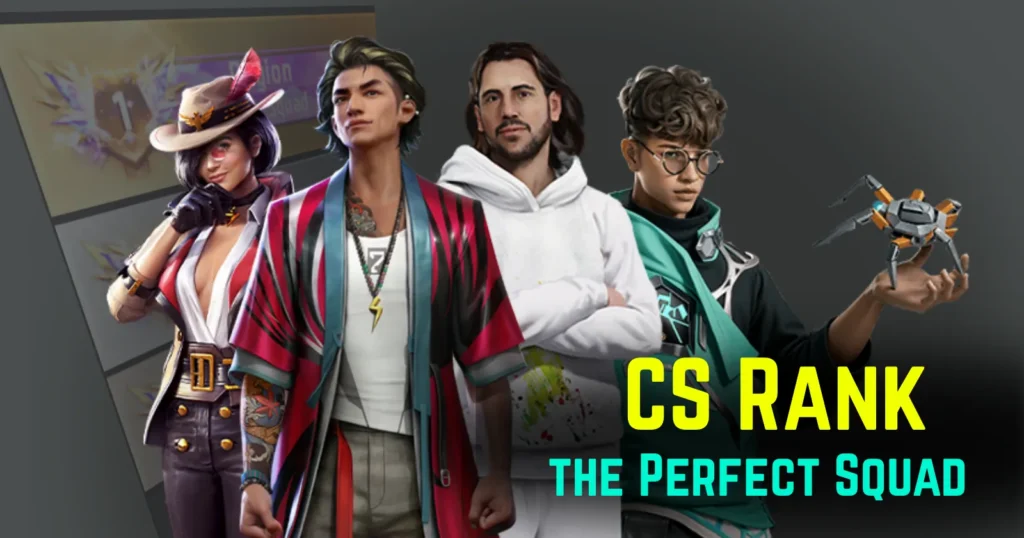Hello friends! If you’re into Free Fire esports or pushing rank with your squad, you already know that beyond gun skills and aim, one thing decides the match: perfect coordination. In this post, we’ll dive deep into that.
This guide is for every player who keeps wondering, “We all play well, but still lose matches. Why?”
The reason, communication gap.
Let’s fix that. We’ll cover everything from common mistakes to pro-level coordination tips.
Why Coordination is a Game-Changer in Free Fire
Free Fire is a 4-player squad game where you make 10 quick decisions in just a minute.
If one player is out of sync, the whole team sinks. That’s why top teams like Gods Reign, Total Gaming, Team Elite, Team Falcon, Team Chaos, and even international lineups succeed, because their calls are perfect every second.
This blog covers:
- The common mistakes 90% of squads make
- Practical ways to improve coordination
- How international teams call
- Tips from Indian pro players
- Rushers’ role in short-range fights
- Naming series and degree method
Goal: By the end of this guide, your squad’s calling will improve 10x.
Section 1: The 3 Most Common Mistakes
1. Playing with the mic off
The most basic but deadliest mistake.
If your mic is off, how will you initiate a fight?
Got family issues or background noise? Understandable. But in esports, there’s no place without a mic.
Pro Tip:
If someone can’t use a mic, assign them as support (like loot manager), not as a core fighter.
2. Repeating the same call 10 times
“Enemy at 150… bro 150… 150 bro!”
Saying it thrice won’t deal 850 damage. 😅
Right way: Give one clear, precise call.
Wrong: “Enemy at 150, bottom house, red shirt, maybe AKM.”
Right: “150, cemented, single.”
3. Arguing mid-match
Lost game 1? “It’s your fault!”
Then the next 5 games go downhill.
Right way:
- Discuss after the match
- Listen to voice recordings
- Find mistakes with data
- Apply learnings in the next match
Section 2: Blueprint to Improve Coordination
1. Define roles clearly
Every squad must know who does what.
| Role | Responsibility |
|---|---|
| IGL (In-Game Leader) | Strategy, rotation, final call |
| Primary Rusher | Short-range entry, first knock |
| Secondary Rusher | Backup to primary, deploys glue walls |
| Sniper | Long-range cover, spotting |
| Support | Healing, loot drop management |
If roles aren’t clear, who gives the call?
2. 100% Focus on IGL Calls
If IGL says, “We’ll push short range,”
Don’t question, “Why not long range?”
You can say: “I’ve only 2 glue walls.”
But final decision stays with IGL.
3. Keep Calls Short and Precise
| Wrong Call | Correct Call |
|---|---|
| “Enemy in the bottom house.” | “Cemented, single.” |
| “Left house player.” | “Left cemented.” |
Avoid filler words like “wala,” “up,” or “down” if obvious.
Section 3: Naming Series
Bermuda map has 50+ houses. You can’t call all “that bottom house.”
Rules for Naming Series:
- Every house must have a unique name
- Keep it short (1–2 words)
- Make the squad memorize it
Example (Bermuda):
| House Type | Name |
|---|---|
| Wooden, double window | “Double Window” |
| Cement, single door | “Cemented” |
| Multi window, red roof | “Multi” |
If two cemented houses are close:
Call them “Left Cemented” and “Right Cemented.”
Tip: Make a “naming list” for your squad and revise 10 minutes daily.
Section 4: Coordination During Drop Clashes
Planned vs Unplanned
| Situation | Strategy |
|---|---|
| Pre-Planned (Peak Clash) | 3 inside, 1 outside. Fixed roles. Minimal calls. |
| Unplanned | “Got gun,” “Going in,” “4 enemies front.” Real-time calls. |
Pro Tip: For every drop location, plan for 3 scenarios
- Full inside drop
- Split drop
- Enemy landed below
Section 5: Rushers’ Role in Short-Range Fights
Short range = High risk, high reward.
Here, IGL usually stays behind, so the primary rusher acts as a mini IGL.
Primary Rusher Calls:
- “Pushing right.”
- “Drop glue left.”
- “Two enemies, double door.”
- “Use healing drone.”
Secondary Rusher: Sticks with primary. If he gets knocked, revive instantly.
Section 6: Pro Level Calling
If your squad struggles with naming series, use Degree Method instead.
How to use:
Use the compass on your screen top.
Examples:
- “East 120, enemy.”
- “West 270, two players.”
Pros:
- No confusion
- Perfect for long range
Cons:
- You need to look up frequently
- Feels hectic at first
Solution: Practice 10 minutes daily. You’ll master it in a week.
Section 7: No.1 Tip from Indian Pro Players
“Play ranked, give calls, build the habit.”
Pro player advice:
- Play 10 rank matches daily
- Give calls in every situation, even small ones like:
“Got gun,” “Loot done,” “Rotating.”
Within a month, calling becomes automatic.
Section 8: 5 Basic Calls That Win Fights
| Situation | Call |
|---|---|
| Stair push | “Right push, use healing drone.” |
| Zone entry | “Making path, come right.” |
| Gatekeep | “Two enemies, treat them, I’ll make path.” |
| Knock finish | “Don’t finish, pull to zone.” |
| Revive | “Give cover, I’m reviving.” |
Conclusion
Coordination isn’t rocket science. You just need 3 things:
- Clear roles
- Short and precise calls
- Daily practice
Action Plan:
- Create a naming series
- Play 10 ranked matches daily
- Record every match
- Review after each game
That’s how you take your Free Fire squad’s coordination and calling to a true pro level.



